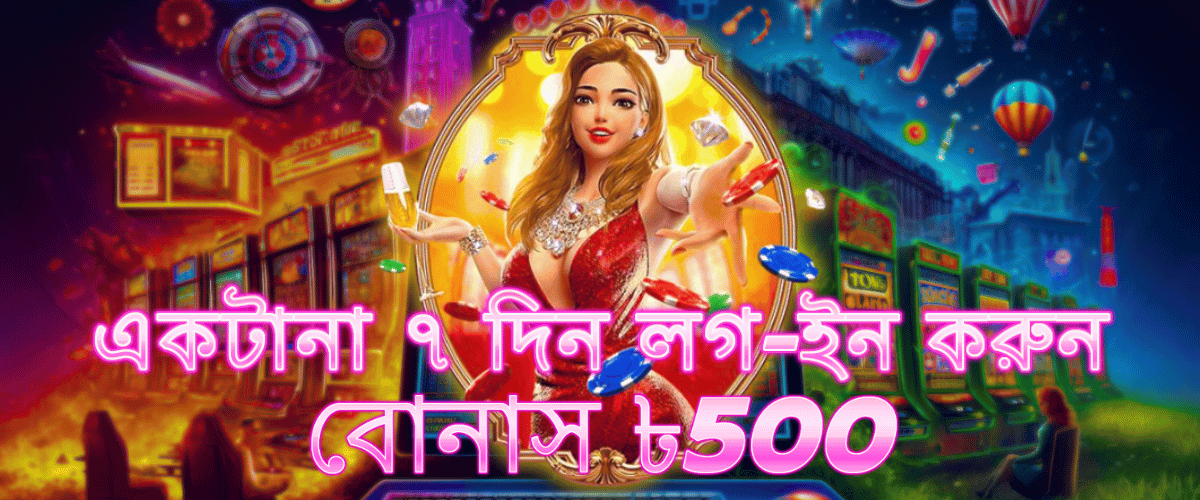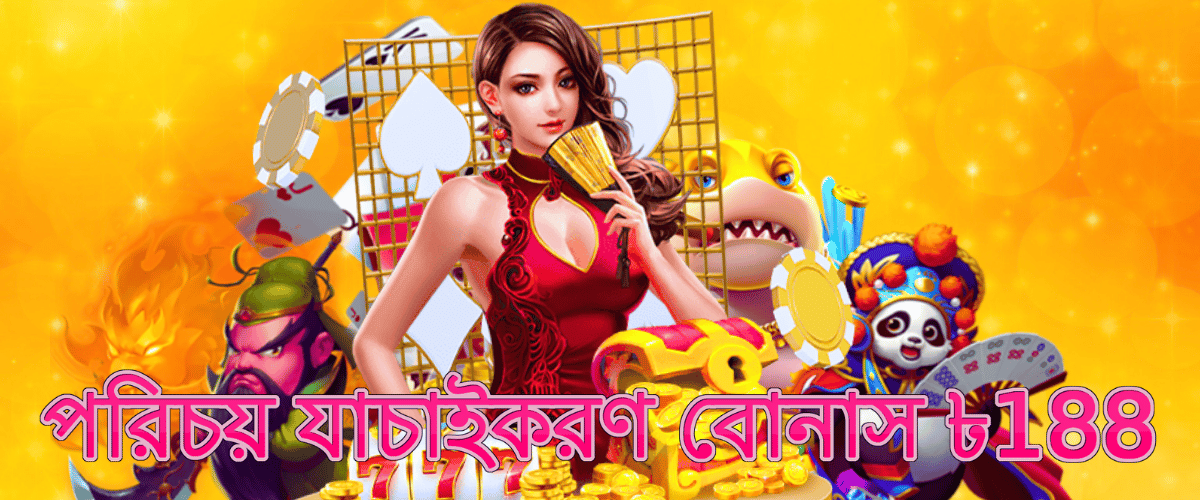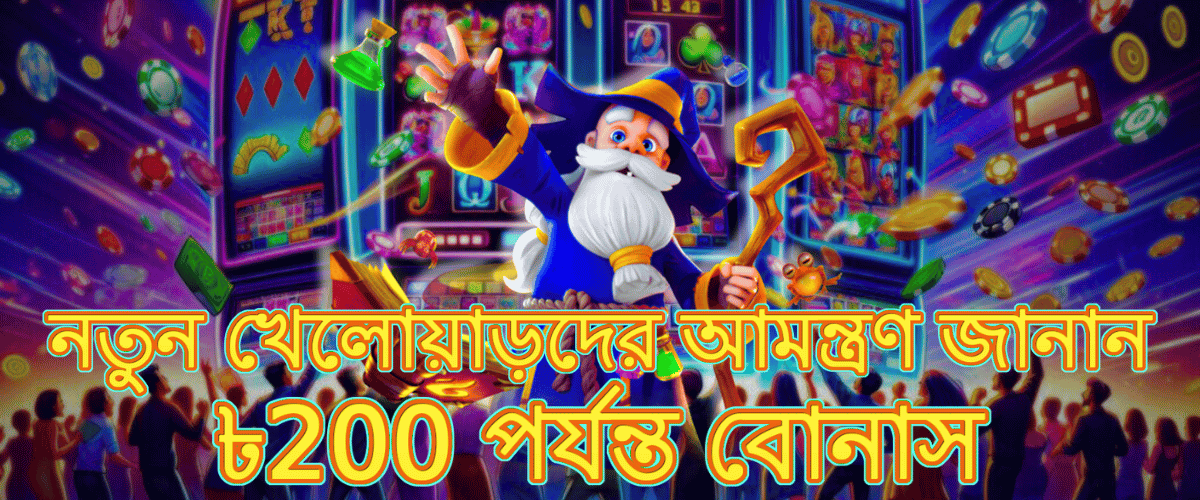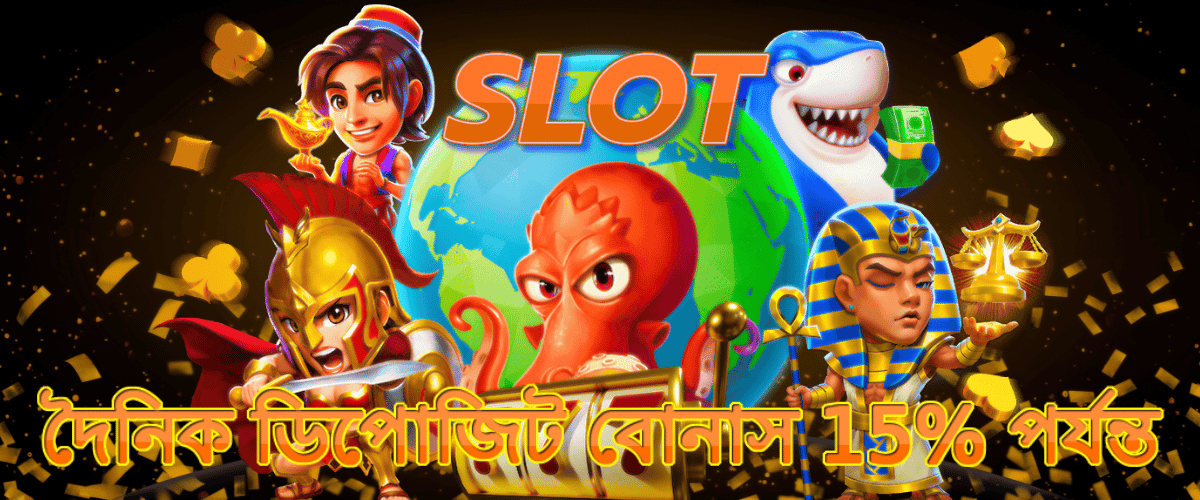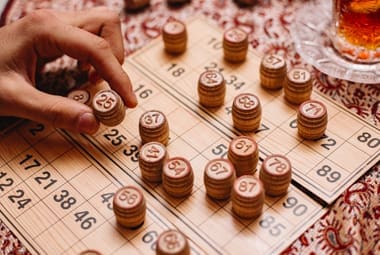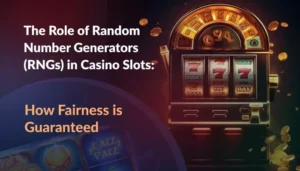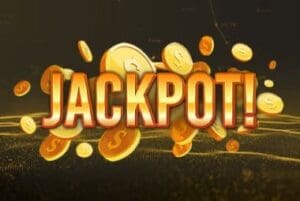All About the Lottery: the Good, the Bad, and the Not-So-Ugly
We all know that there’s something uniquely exhilarating about playing the lottery. It’s not about complex strategies or high-stakes decisions; instead, it’s the simplicity of grabbing a ticket, choosing a set of numbers, and letting fate unfold during the draw.
It’s a game that’s become a huge part of our culture, sparking conversations, fueling dreams, and creating a shared experience that transcends economic backgrounds.
Think about the last time you bought a lottery ticket. Maybe it was the anticipation of what could happen if those numbers aligned in your favor. The hope is universal, cutting across demographics and bringing together a diverse array of players, all united by the chance to turn a small investment into something life-changing.
There’s a certain magic in the process – from the act of picking those seemingly random numbers based on your own lottery superstitions to the suspenseful moment when the draw happens. Playing the lottery is a communal activity, a shared heartbeat as people from various walks of life gather in the anticipation of that one moment that could redefine their fortunes.
And it’s not just about the potential winnings; it’s the stories that surround the lottery. Tales of unexpected windfalls, the joy of hitting the jackpot, or even the near misses that keep people coming back for more. It’s a game where everyone has a story or knows someone with a story – the neighbor who won big or the friend who came tantalizingly close.
Whether it’s the excitement of checking the numbers, the daydreams about what you’d do with the winnings, or the shared conversations about “what if,” playing the lottery taps into a basic human desire for possibility. It’s not just about winning; it’s about the hope, the shared experiences, and the thrill of being part of a game that captivates millions around the world.
Today we’re talking about the lottery—and whether you should become a part of this international pastime.
A Brief History of the Game
a-brief-history-of-the-gameDating back to ancient civilizations, the concept of lotteries was born out of the need for fair decision-making and resource distribution. Various cultures utilized chance-based methods to determine outcomes, laying the groundwork for the lotteries we know today. However, it wasn’t until the Renaissance in Europe that lotteries took on a more structured and government-sanctioned form.
The first recorded instance of a government-sanctioned national lottery occurred in 1466 in Bruges, Belgium. This marked a pivotal moment, as lotteries transitioned from local pastimes to mechanisms employed by governments to fund public projects. The idea gained traction, spreading across European nations and eventually reaching the shores of the American colonies.
In the early American colonies, lotteries played a crucial role in financing public initiatives. Funds generated from these lotteries contributed to the establishment of some of the most highly regarded institutions in the United States, including Harvard and Yale universities. This historical context underscores the integral role lotteries played in supporting the growth and development of communities.
Lotteries weren’t merely a source of revenue; they became a form of societal engagement. People from all walks of life participated, drawn by the prospect of winning and the communal experience that surrounded lottery events. This community participation served as a unique bridge between governments and citizens, creating a shared sense of involvement in public projects.
As the centuries passed, the nature of innovative lottery games evolved. Technological advancements in recent decades have further transformed the way people engage with these games. The advent of online platforms has made lotteries more accessible than ever, breaking down geographical barriers and expanding their reach to a global audience.
Today, as we continue to participate in and enjoy these games, we are connected to a tradition that spans time and transcends cultural boundaries. The historical roots of lotteries tell a tale of global excellence, chance, community, and the enduring appeal of the pursuit of luck.
The Psychology of Playing the Lottery
At its core, the appeal of lotteries can be traced to the human desire for a change in fortune. The prospect of winning huge jackpots with a comparatively small investment is practically irresistible. This attraction is heightened by the fact that anyone, regardless of background or circumstance, could be the fortunate ticket holder. The quest for riches is a big draw, pardon the pun.
The psychology behind playing the lottery is deeply rooted in the concepts of hope and optimism. The act of purchasing a lottery ticket becomes a symbolic gesture of hope, a small investment in the possibility of a brighter future.
The intermittent reinforcement provided by lotteries also contributes to their su
stained popularity. Unlike predictable rewards, such as a monthly paycheck, lottery winnings are infrequent and unpredictable. This unpredictability triggers a dopamine response in the brain, creating a sense of anticipation and excitement each time a ticket is purchased.
The “what if” factor plays another pivotal role in the psychology of lottery play. Imagining a life with newfound wealth, free from financial constraints, becomes a powerful motivator. This psychological aspect is further fueled by stories of individuals whose lives have indeed been transformed by a stroke of lottery luck.
The social aspect of playing the lottery is another reason it’s so popular. In many communities, participating in lottery pools or discussing potential winning strategies becomes a communal activity. Sharing the anticipation of a draw and collectively imagining the possibilities fosters a sense of camaraderie among participants.
On the flip side, the psychology of loss is equally important to understand. Many people are aware of the slim odds of winning a lottery, but they still participate. This paradox can be attributed to the concept of loss aversion, where the fear of missing out on a life-changing opportunity outweighs the rational acknowledgment of the improbability of winning.
Lotteries cleverly tap into these psychological elements, creating a self-sustaining cycle of anticipation, hope, and occasional disappointment. The simplicity of the gameplay, combined with the potentially transformative outcomes, keeps you coming back for more.
What’s the Economic Impact of the Lottery?
what-s-the-economic-impact-of-the-lotteryThe economic influence of lotteries is palpable. Over the centuries, these games of chance have become valuable revenue generators for both governments and private entities. The proceeds from lottery ticket sales have consistently fueled a variety of projects, from infrastructure to educational and charitable works.
In the 21st century, lotteries have made their way into the digital era. The advent of technology has expanded their reach through online platforms, making participation more accessible than ever. Your latest betting destination is now your living room. This evolution mirrors broader shifts in consumer behavior, demonstrating the adaptability of lotteries to modern lifestyles.
However, the economic impact of lotteries is not without its ethical considerations. Critics argue that these games disproportionately attract individuals from lower-income brackets, essentially creating a regressive form of taxation. The promise of life-changing jackpots can entice vulnerable individuals to spend money they can ill afford to lose, raising questions about the fairness of such a system.
Marketing strategies employed by lottery organizations have also come under scrutiny. Advertisements often emphasize the transformative possibilities of winning, potentially overshadowing the slim statistical likelihood of such an outcome.
Opponents say that this marketing approach exploits the natural hopes of the population, acting as though the lottery is a shortcut to prosperity.
The debate surrounding the economic impact of government-sponsored gambling extends beyond individual considerations. Some argue that the reliance on lotteries for public funding poses inherent risks. The unpredictable nature of lottery revenue makes it a precarious foundation for long-term financial planning, potentially leading to shortfalls in critical areas if lottery sales decline.
Opponents also assert that the distribution of lottery funds doesn’t always align with the needs of the communities they are intended to serve. This raises questions about the fairness and equity of relying on lotteries as a source of public finance.
The Social Impact of the Lottery System
Playing the lottery often becomes a shared experience, creating a sense of camaraderie among participants. Whether it’s chatting about lucky numbers with coworkers or engaging in friendly banter with friends about the dream of winning big, the lottery fosters connections within communities.
It serves as a common thread, weaving its way through conversations and gatherings, bringing people together with a shared hope for a stroke of luck.
Beyond the potential financial gain, playing the lottery serves as a form of entertainment. The thrill of anticipation, imagining a different life with newfound wealth, adds an element of excitement to the routine of everyday life.
It becomes a shared source of amusement, with people from different walks of life participating in the collective dream of hitting the jackpot. For many, the lottery is a small investment in the fantasy of a life transformed.
However, the social implications of playing the lottery are not without their complexities. The risk of developing problematic gambling behaviors is a concern, especially for vulnerable individuals.
The chance at a life-changing win may lead some to spend more than they c
an afford, raising questions about the responsibility of lottery operators and the need for consumer protection measures. Critics argue that marketing strategies emphasizing the valuable cash prizes may exploit the aspirations of those facing financial difficulties.
On a positive note, lottery winnings often translate into support for local communities. Jackpot winners frequently contribute to charitable causes or invest in local businesses, creating a ripple effect of positive impact.
This injection of funds into the community can lead to the improvement of public spaces, increased opportunities for local businesses, and a boost in overall well-being.
All About the Lottery: the Good, the Bad, and the Not-So-Ugly

Using Upay to deposit funds into an online casino typically involves following these general steps:
-
Create an Account: Sign up for an account with the online casino if you haven’t already done so. Make sure the casino accepts Upay as a payment method.
-
Access the Deposit Section: Log in to your online casino account and navigate to the deposit section.
-
Select Upay as Payment Method: Choose Upay from the list of available payment options.
-
Enter Deposit Amount: Enter the amount you wish to deposit into your casino account.
-
Confirm Transaction: Follow the prompts to confirm the transaction. You may need to enter your Upay account details or authenticate the payment through your Upay mobile app.
-
Complete Transaction: Once the transaction is confirmed, the funds should be credited to your online casino account, and you can start playing.
Remember to check for any fees associated with using Upay for casino deposits and ensure you’re aware of the casino’s terms and conditions regarding deposits and withdrawals. Additionally, always gamble responsibly.




